One way to help get a better understanding of an ancient civilization is by looking into the lives of their greatest leaders. While many famous leads of other civilizations are notably more famous in pop culture, there’s no denying that the great leaders of Mesopotamia are some of the greatest in the history of mankind. After all, Mesopotamia can be seen as the dawn of mankind, where we first built cities and grew our identity.
While the great Mesopotamian civilization no longer exists today, there’s no denying that their famous leaders were as mysterious as they were influential. Why not have a look into the more notable leaders of ancient Mesopotamia? Not only are their lives quite interesting, but they also offer a sneak peek into Mesopotamian culture as a whole. Keep in mind that the Mesopotamian civilization lasted thousands of years. The fact that these leaders were able to hold an empire that massive together is worthy of praise.
Gilgamesh
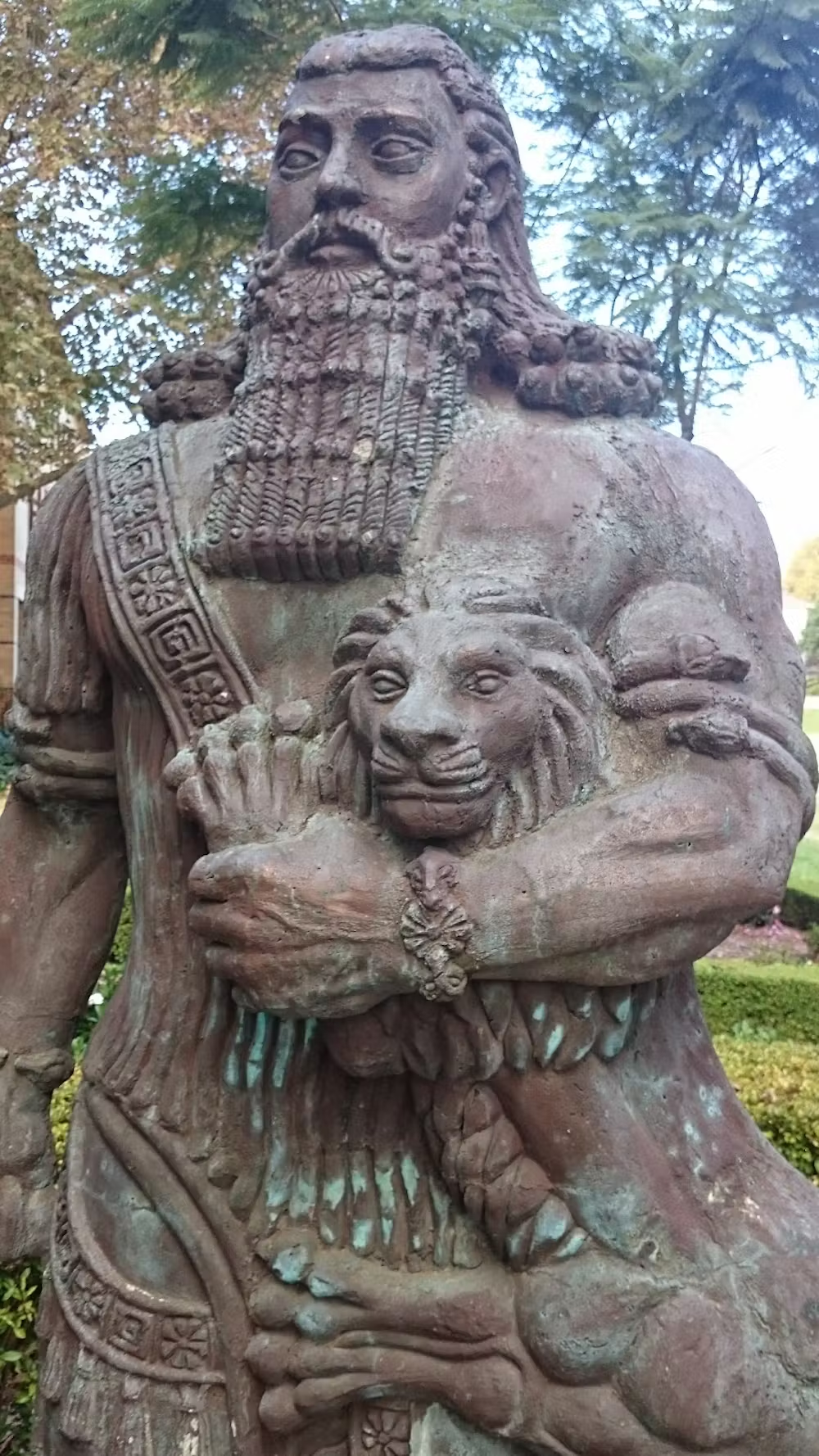
Are you aware of the Epic of Gilgamesh? It’s a collection of stories concerning the fifth king of the Mesopotamian city of Uruk—one of the most important cities of the old world. Most of the collection tells stories of the king’s superhuman strength, as well as his incredible feats. It’s the earliest artifact concerning literature, and the second oldest religious text. It’s undoubtedly one of the most crucial pieces of literature, as it concerns a period of prehistory.
Gilgamesh, being one of the most crucial figures of ancient Mesopotamia, also has the distinction of being quite famous in pop culture. Such is the reason why most people can’t name a single god in the Mesopotamian pantheon, yet are well aware of Gilgamesh.
Sargon the Great
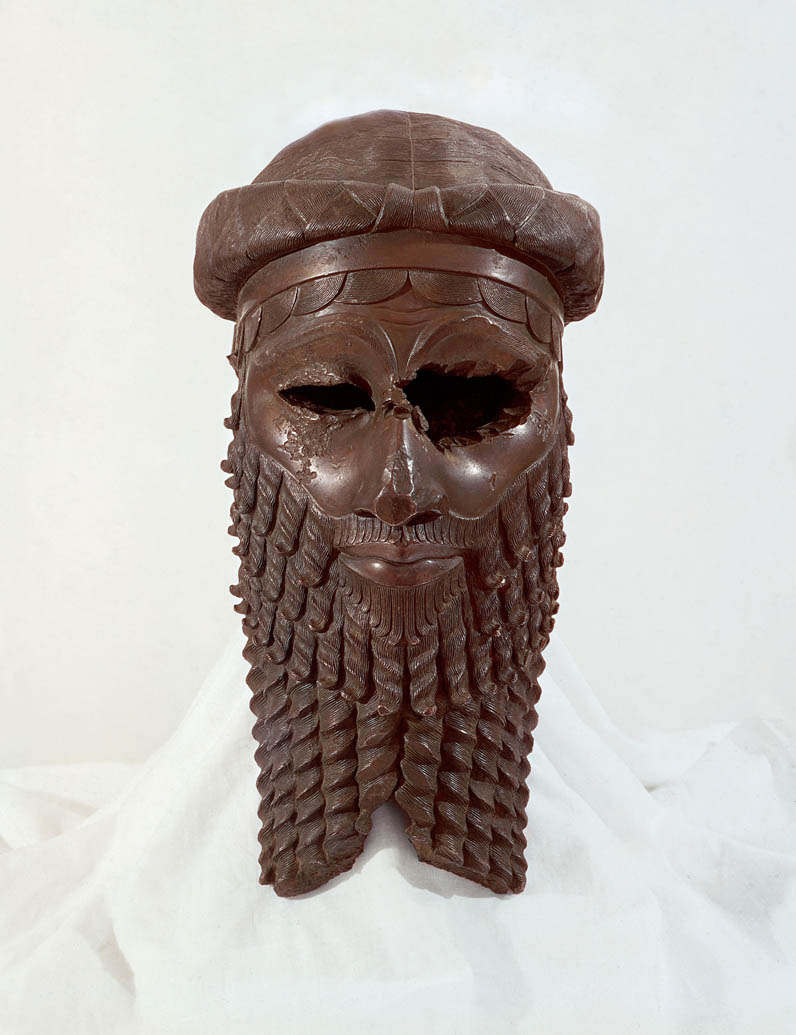
You would need quite the ruler to come after the Great Gilgamesh in terms of achievements and capabilities. Surprisingly enough, Mesopotamia is filled to the brim with notable leaders and conquerors, one of which was known as Sargon the Great. He’s also known as Sargon of Akkad, as he was responsible for founding the Akkadian Empire. If that doesn’t sound incredible enough, in the history of Mesopotamia—and the world—the Akkadian Empire was the first.
Let that sink in for a second. Sargon the Great created something that didn’t exist before, developing the first ever empire in the world. Considering that Mesopotamia was also responsible for the first cities, it was only a matter of time before someone managed to achieve the inconceivable. In the case of Sargon the Great, he created the Akkadian Empire, the first of its kind.
Naram-Sin
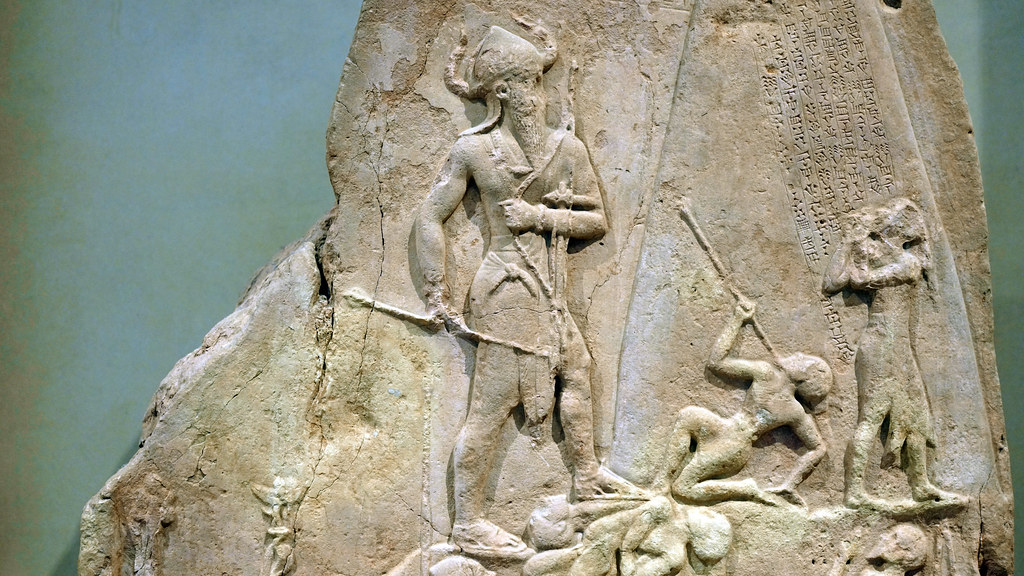
The history of Mesopotamian civilization was filled with powerful and notable figures, capable of changing history and making waves across the old world. One such figure was the grandson of Sargon the Great, known as Naram-Sin. His grandfather was responsible for creating the very first empire in the world, and Naram-Sin made sure not to take such an act for granted. He strived to ensure that the Akkadian Empire reached its very peak and—true enough—the Akkadian civilization reached its peak with the help of Naram-Sin.
So legendary were his exploits that Naram-Sin began to fancy himself something of a god, which would lead to quite a few patterns as far as the pantheons go. It wasn’t quite the level of the Egyptians, where every ruler was a god of some sort, but many of the Mesopotamian gods had a hands-on approach with how they managed mankind.
Hammurabi
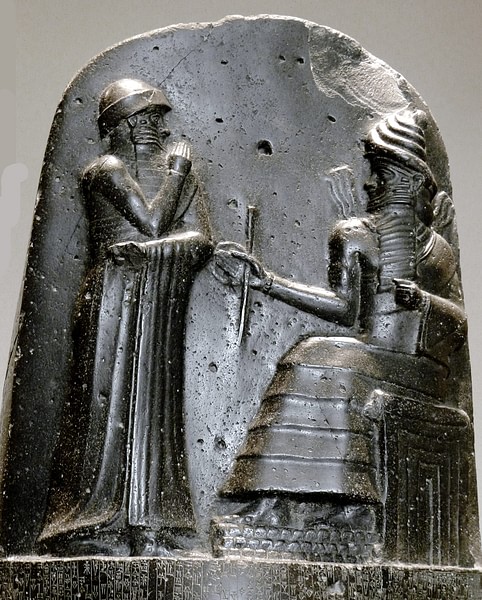
Hammurabi was the sixth king of Babylon, but he was also responsible for building the magnificent Babylonian Empire. We feel Hammurabi doesn’t get enough attention in modern culture, even if he was responsible for so many Mesopotamian achievements. In an age where lawlessness was practically expected, Hammurabi turned things around by devising a code of law involving various scenarios.
While some of these laws were arguably too harsh, it does not change the fact that Hammurabi managed to create some much-needed order during his rule. Whereas people used to argue over the smallest things, the Code of Hammurabi ensured that everyone got a fair shot. While much of it might be considered barbaric at this point in time, it certainly got the job done during the rule of Hammurabi.
Nebuchadnezzar II
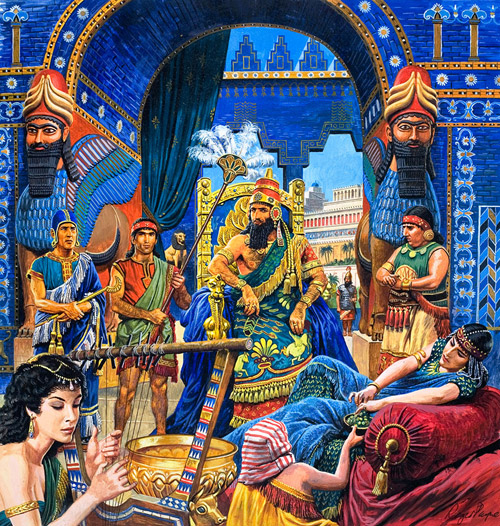
It can be said that the Babylonian Empire reached its peak under the rule of Nebuchadnezzar II. He was also responsible for building the Hanging Gardens of Babylon, considered to be one of the wonders of the ancient world. By conquering Judah and Jerusalem, Nebuchadnezzar II managed to expand the rule of the Babylonians, and he was mentioned multiple times in the bible as a result.
Among the Babylonian kings, Nebuchadnezzar II showcased the true glory and splendor of the ancient civilization. It must’ve been quite the experience to live in Babylon during the time of Nebuchadnezzar II, though in popular literature he’s most famous for sending the Jews into exile upon conquering Jerusalem.
Tiglath-Pileser III
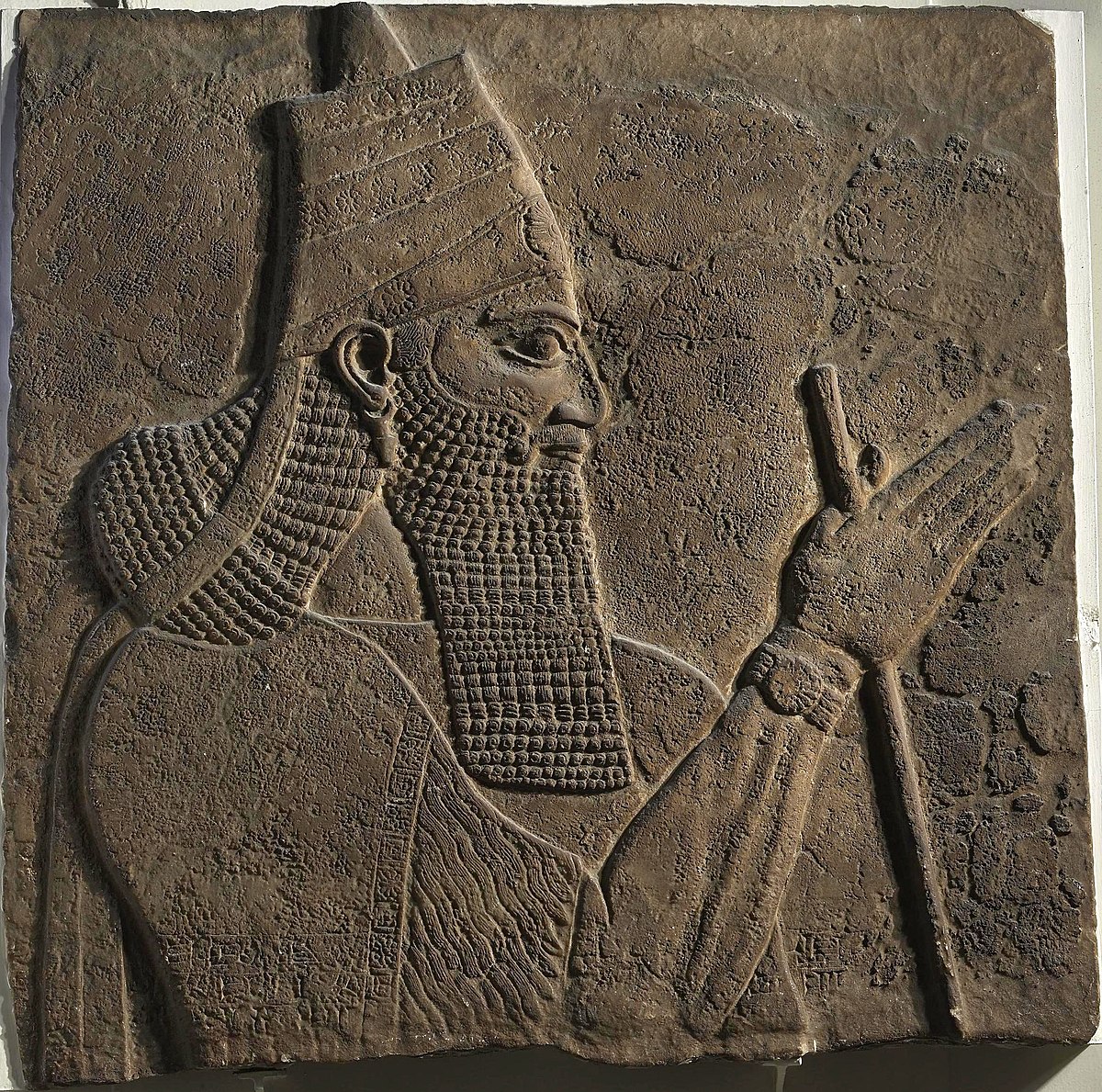
The history of the Assyrian Empire—as part of the Mesopotamian civilization—was undoubtedly filled with ups and downs. That being said, Tiglath-Pileser III was considered to be one of the most forward-thinking kings of the age. In an age we can consider to be ancient by today’s standards, Tiglath-Pileser III moved things forward by advancing the political and military systems of the Assyrian Empire.
As far as world firsts go, this particular king has the distinction of establishing the world’s first standing army. It can be said that the might of the Assyrians reached its peak with Tiglath-Pileser III, as he was something of a genius when it came to reforming and advancing his rule.
Ashurbanipal
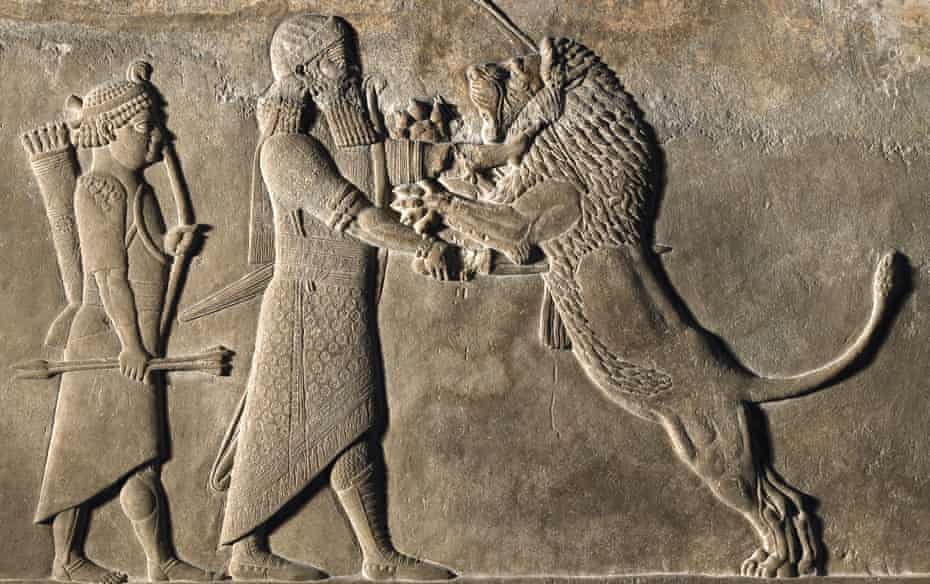
As far as the rule of the Assyrians went, Ashurbanipal was considered the last great king. It was during his rule when the capital city of Nineveh truly rose to become one of the most majestic cities of the old world. For example, Ashurbanipal had a massive library built in Nineveh, which held over 30,000 clay tablets. The only other library to match it was the great Library of Alexandria, but it was (tragically) burned down by the Romans.
To help put things into perspective Ashurbanipal’s rule lasted for 42 years. In the age of ancient civilizations where the rule of great kings lasted only a fraction of the time, Ashurbanipal managed to cement his legacy. Unfortunately, it can also be said that things started to take a downward turn after his death—at least for the Assyrians.
Cyrus the Great
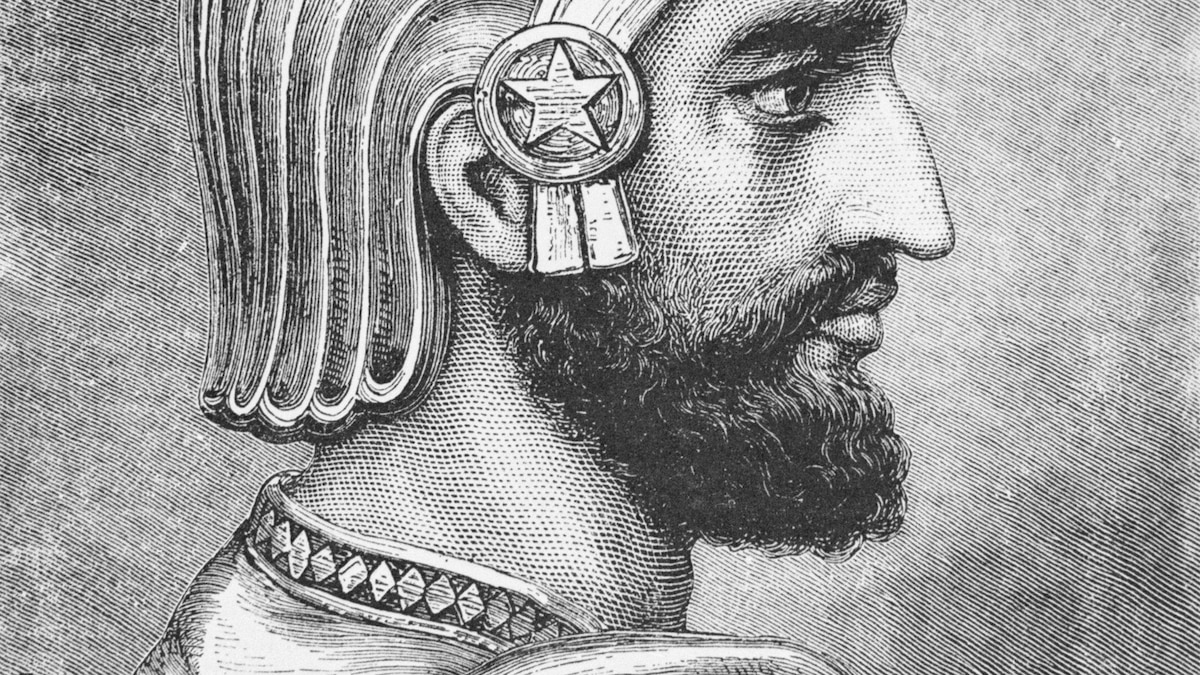
To be the man who conquered Babylonia is a feat that many would consider impossible today. While the ancient Mesopotamians were known for their ostentatiousness and military might, they still had weaknesses, and their fractured nature allowed Cyrus the Great to conquer Babylon and start the Persian Empire.
Cyrus the Great was considered such a benevolent ruler due to his firm belief in human rights, despite being in a position of unimaginable power. He even went so far as to allow the exiled Jews to return to Jerusalem. Of Persia’s many great kings, Cyrus the Great sits firmly at the top.
Darius I
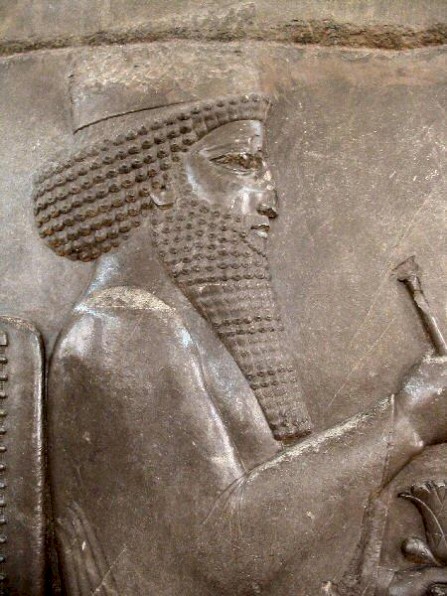
Darius I has the distinction of ruling the Persian Empire when it was at the peak of its majesty and splendor. During the rule of Darius, he decided to divide the land into various provinces that were ruled by those called the satraps. The Persian Empire was undoubtedly majestic, and those who lived under the Persians were surprisingly more comfortable than most other ancient civilizations at the time.
Things would shift when Darius I set his eyes on Greece. His attempt to invade Greece would result in his defeat during the First Persian War. That said, Darius I still ruled Persia during its peak, and was a notable ruler.
Xerxes I
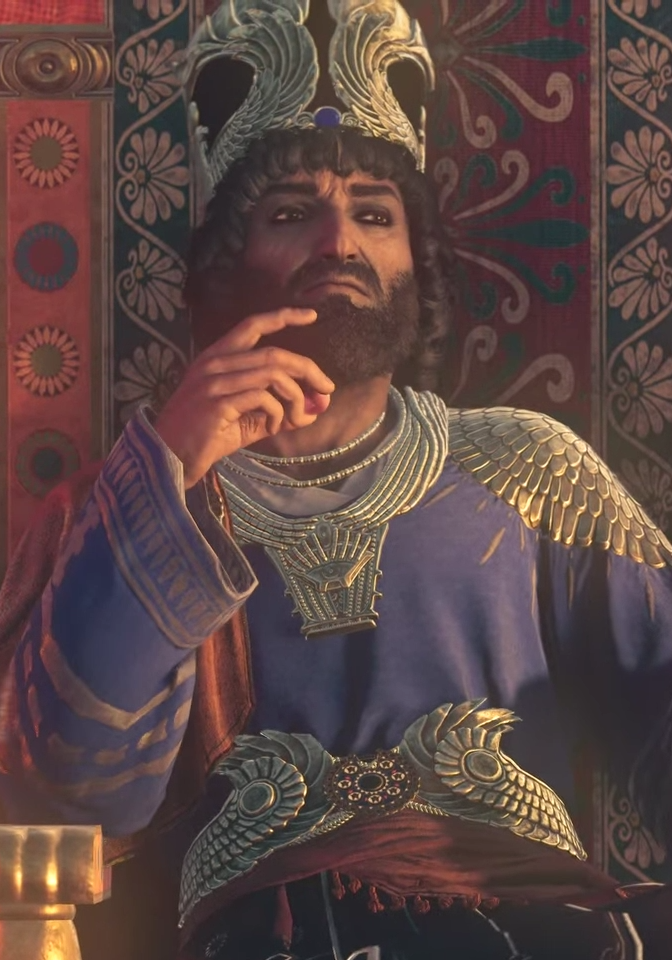
And so the reign of ancient Mesopotamia reaches its decline with Xerxes I, one of the last great rulers of the Persian Empire, and one of the bookends of the Mesopotamian civilization as a whole. Many people know Xerxes I despite not being quite as notable as far as historical achievements go due to his role in the Battle of Thermopylae, which was prominently shown in the graphic novel and film, The 300.
The reason why Xerxes I was often seen as more tyrannical than benevolent was due to his lack of respect when it came to the culture of others. He and his father are the reasons why so much of Babylonian culture was lost when the Persians took over. As Babylon is so closely tied with Mesopotamia, you could argue it ended when the Persians took over.